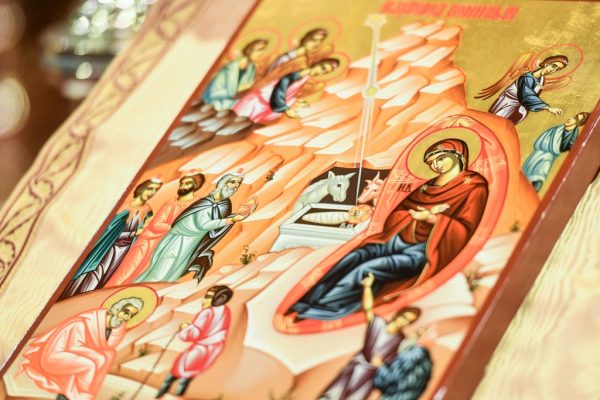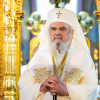Beginning on November 15 (28) and concluding on December 24 (January 6), the Nativity Fast gives individuals the opportunity to prepare for the Feast of the Nativity of Our Lord and Saviour in the Flesh on December 25 (January 7).
By abstaining from certain food and drink, particularly from meat, fish, dairy products, olive oil, and wine, as well as focusing more deeply on prayer and almsgiving, we can find that the primary aim of fasting is to make us conscious of our dependence upon God.
During his sermon delivered before the beginning of the fast, Patriarch Daniel urged the faithful to prepare themselves ‘to receive in the cave of our soul our Lord Christ Who is spiritually born in the life of every Christian, according to their faith and love for God and fellow people.’
‘Fasting is a divine commandment (Gen 2:16-17). According to Basil the Great, fasting is as old as humanity itself,’ reads the official document on The Importance of Fasting and Its Observance Today issued following the Holy and Great Council of the Orthodox Church.
Nativity Fast reminds of the long fasting periods of the Old Testament patriarchs and righteous people, who were waiting for the coming of the Messiah – the Redeemer.
Through its 40-day duration, this fasting season also recalls of Moses on Mount Sinai, who patiently waited in fasting to receive the words of God, the Decalogue, Fr Ene Branişte, a renowned Romanian liturgist, notes.
The duration of the Nativity Fast was established in 1166, at a Council in Constantinople, held under the chairmanship of Patriarch Luke Chrysoberges.
Regarding the practice of the fast, the Holy and Great Synod recommends that it be linked to uninterrupted prayer, sincere repentance and acts of charity.
As recommended by the Orthodox hierarchs who gathered in Crete in 2016, the true fast is inseparable from unceasing prayer, genuine repentance and merciful deeds.
Photogaphy courtesy of Basilica.ro Archive

















